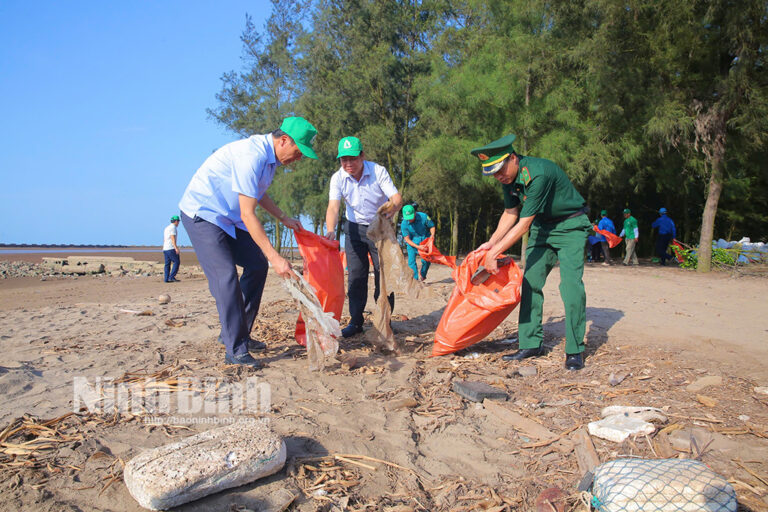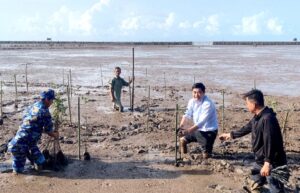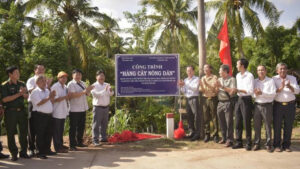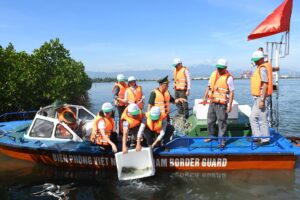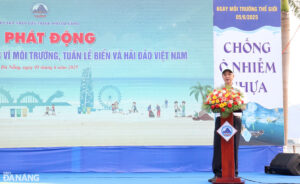As a country having around 65.6 per cent of its population reside in rural areas, which are home to tranquil natural scenery and distinct cultural and historical values, Vietnam has a huge advantage in developing rural tourism. Therefore, rural tourism has been seen as an encouraging trend for the country’s hospitality sector in the coming time.
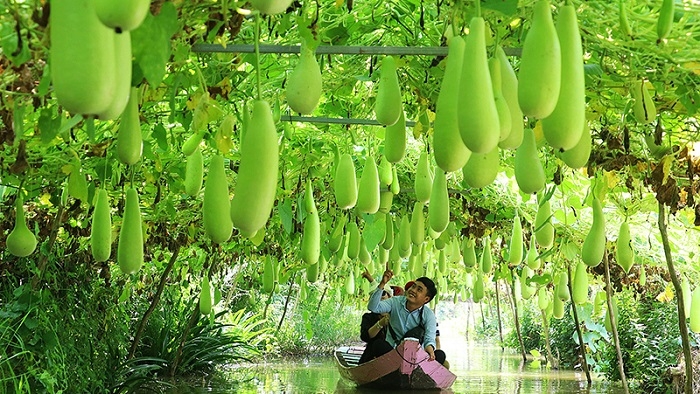
Rural tourism has not only helped farmers to improve their income but also developed the agricultural sector in Dong Thap province.
Rural tourism can be defined as a series of activities and services provided in rural areas to uphold the available resources of the countryside that can satisfy visitors’ experiences.
The countryside in Vietnam covers a large area, stretching across localities and regions, with diverse climate, terrains, cuisine and cultural backgrounds. It also hosts on its territory natural forests, mountains, rivers, lakes, villages, rice fields, orchards, ancient temples and communal houses.
Each village in the countryside boasts unique cultural practices, traditional folk festivals, and assorted craft villages. People in rural areas are friendly, sincere, and kind. These lay a very important foundation to develop rural tourism more attractively to domestic and foreign travellers.
According to statistics of the World Tourism Organisation, rural and ecological tourism accounts for around 10 per cent of the global tourism sector, with revenue of about 30 billion USD per year globally. In addition, the annual growth rate of rural tourism is from 10-30 per cent, while that of traditional tourism is only 4 per cent.
In Vietnam, more and more domestic and foreign tourists prefer destinations in rural areas for their vacations, particularly at a time when the COVID-19 pandemic has made visitors avoid busy places and head to the quiet and peaceful space of the countryside instead.
Vietnam currently has three types of rural tourism, which are community-based tourism, agricultural tourism and ecotourism. The country has about 365 rural tourist spots and more than 2,000 traditional craft villages with tourism potential.
Facts have shown that many localities in the northwest, Central Highlands, and Mekong Delta have succeeded in developing community-based tourism and eco-tourism, which have contributed to creating many jobs for local farmers, improving the socio-economic situation in rural areas, preserving and promoting traditional cultural values. This proves that rural tourism has played an important role in the overall tourism industry in Vietnam, and it has great potential for further development.
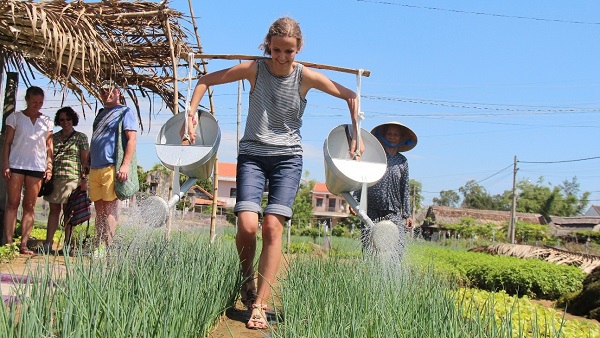
Vietnam has about 365 rural tourist spots and more than 2,000 traditional craft villages with tourism potential.
However, there have been certain shortcomings and limitations in the implementation of rural tourism in our country, including the lack of connectivity among travel businesses and local authorities, the absence of attractive tourist products and services that can provide a diverse travel experience for visitors, thus encouraging them to spend more time and money during their stay.
These shortcomings are attributed to the fact that Vietnam has not yet outlined a national masterplan on developing rural tourism. Instead, each locality has currently set out its policy to support the development of rural tourism, which is often integrated with other development programmes of the locality.
Therefore, a national strategy is needed to make rural tourism become one of the motivations for new-style rural development areas. The strategy should be built based on available natural resources, environmental conditions, and the cultural heritage of rural areas.
In addition, it is also vital to boost the application of information technology in rural tourism, as it will benefit both travel businesses and visitors, by facilitating the advertisement of the destinations while providing better services.
Currently, the Ministry of Agriculture and Rural Development in collaboration with the Ministry of Culture, Sports and Tourism, is working on a project integrating rural tourism development with new-style rural building over the 2021-2025 period.
The project has set goals, that at least 200 community-based tourism services and tourist attractions in rural areas can qualify for the One Commune One Product (OCOP) programme, and 50 per cent of traditional craft villages will participate in the rural tourism value chain by 2025.
The project aims to develop rural tourism as one of the driving forces to create jobs, raise people's incomes, promote rural economic structure shift, preserve traditional cultural values, protect the environment, and strengthen sustainable rural development.



